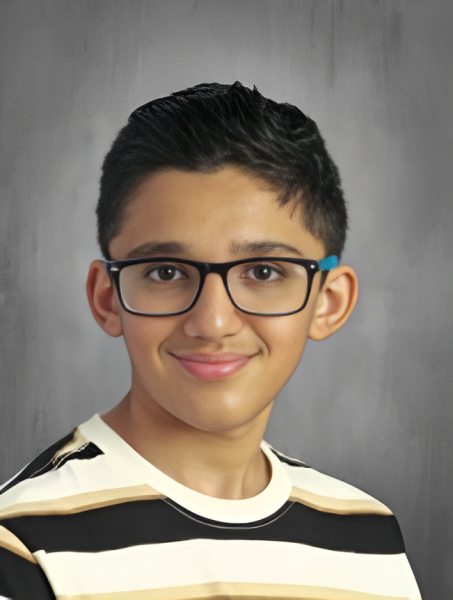According to a survey conducted by YouScience, 75% of high school students feel unprepared for their future, revealing the significant extent to which high schoolers struggle to plan and cultivate their interests. Amidst this uncertainty, most feel overwhelmed when choosing a specialization for their electives or schools. In some countries like Germany, students are even separated into different types of secondary schools based on their performance and interests as early as ten years old. As students commit to these specializations, they limit themselves to a narrow subject area, potentially confining themselves to a program that they may not be interested in the future. These consequences result from students choosing their courses or schools, considering their popularity and outside pressure rather than true passion. When viewed as a whole, the concept of specialization in schools is problematic for young students as it increases the pressure to perform well, can be inequitable, and may lock students into a particular career path.
Delving deeper into the impacts of specialization in schools, it is clear that specialization causes these schools to have similar types of people and academic courses, resulting in less diversity. This intrinsic likemindedness is detrimental as “exposing students to a diverse range of opinions, thoughts, and cultural backgrounds [encourages] them to be more open-minded later in life,” as per an article by Drexel University. As students go into these specialized institutions, they lose these important qualities to be successful in life as they do not interact with different people, unlike real life. The same logic can also be applied to subjects where the emphasis on certain subjects may not help develop students’ critical thinking skills and adaptability. Along with nearly 50% of college students regretting their choices for their major or choice of school, according to a study by Strada Education Foundation, the potential for disinterest among students further shows that specialization in vocational or career schools could hurt their future.
In today’s fast-paced world, students in these programs may be more stressed as they may feel pushed into a specific area prematurely. A recent survey by Gallup and the Walton Family Foundation reveals that while nearly 80% of Generation Z students are optimistic about their futures, only about 51% feel prepared. This contrast exemplifies that it is easy for students to act shortsightedly under the guise of prosperity, which later causes anxiety and regret. Furthermore, the situation is exacerbated as students can not quickly move out of the program or school. Putting decisions in the hands of inexperienced high school students would be counterintuitive and inopportune.
On the other hand, the supporters of specialized programs argue that they give students a clear path to reduce stress; however, they introduce additional stress as the subconscious lack of options induces rigidity, which is hard to overcome. Students would also be unable to recognize their potential in other subject areas, closing off opportunities during their higher education. Even if they decide to go another route, erasing the ink that started their story would be more challenging.
All in all, specialized high schools are not the best option for all students because of the increased stress, potential to fail, and immaturity during these years. Rather than focusing on a single subject, studying all subjects, like in a traditional high school, is vital to having a well-rounded education and experiencing the diversity of thought. As students find themselves on a path of self-discovery, it is important to try all avenues and not get hung up on something that one would later regret.




































